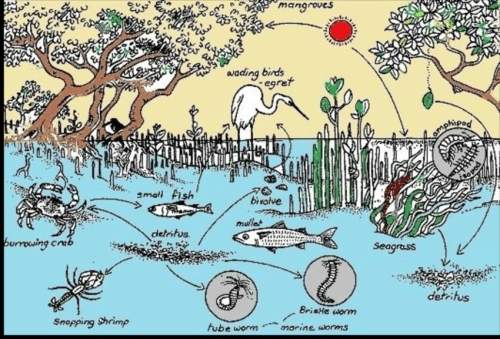
Biology, 30.03.2020 17:03, jdbessix3567
Another classification of blood group antigens is known as MN. Individuals are either homozygous for M (MM) or N (NN), or they express both antigens (MN). You are studying the distribution of alleles in a population of people. You determine that 90 people are MM, 60 are MN, and 50 are NN. Assign symbols for the allelic frequency of the M and N alleles in the population. Determine the frequency of each allele. Based on the allelic frequencies, determine (out of 200 individuals) the number of individuals in the population that are expected for each genotype. Test, by chi square, whether the population is in Hardy-Weinberg equilibrium. Show your work and circle your answer.

Answers: 2
Other questions on the subject: Biology

Biology, 22.06.2019 03:30, youngaidan21
The graph below compares the rates of reaction of a burning candle and an exploding firework. comparing chemical reactions what can you conclude from the graph? the reaction that causes a firework to explode requires less energy to start, and occurs more rapidly than the reaction that causes a candle to burn. the reaction that causes a firework to explode requires less energy to start, and occurs less rapidly than the reaction that causes a candle to burn. the reaction that causes a firework to explode requires more energy to start, and occurs less rapidly than the reaction that causes a candle to burn. the reaction that causes a firework to explode requires more energy to start, and occurs more rapidly than the reaction that causes a candle to burn. mark this and return
Answers: 2

Do you know the correct answer?
Another classification of blood group antigens is known as MN. Individuals are either homozygous for...
Questions in other subjects:






English, 31.08.2021 21:50

Mathematics, 31.08.2021 21:50


Chemistry, 31.08.2021 21:50







